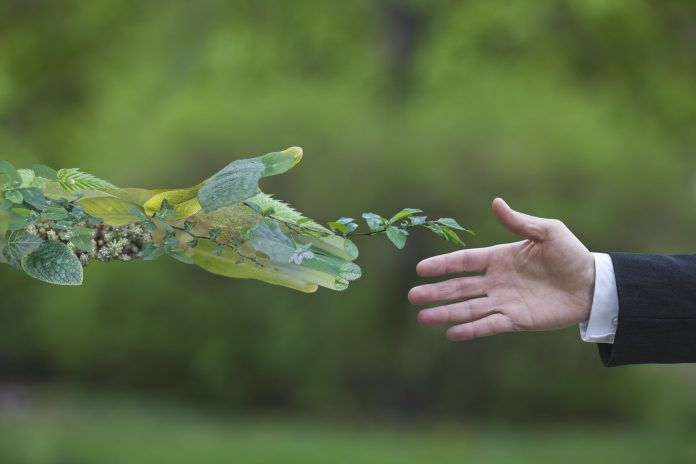 Major players in the retail industry are realising that sustainability must be an inherent part of a company’s culture, not just a role in the company for success, and that a culture of sustainability relates to every organisational function from procurement to disposal.
Major players in the retail industry are realising that sustainability must be an inherent part of a company’s culture, not just a role in the company for success, and that a culture of sustainability relates to every organisational function from procurement to disposal.
This means that companies must be on the lookout for opportunities throughout the supply chain to give back to society, set ecofriendly standards and improve cultural performance.
This is reinforced by Tetra Pak Oceania Marketing Director Jaymie Pagdato, who tells Retail World companies and brands need to support a sustainable planet to help maintain loyalty and brand support.
“Any company, regardless of the industry, needs to have sustainability goals as part of its corporate social responsibility,” Ms Pagdato said. “Consumers demand it, the government and industry encourage it. It will continue to become a licence to operate.
“It needs to be part of the culture of an organisation, ideally with a person in a dedicated role or a team driving ongoing awareness, education and practice.”
She adds that collaboration has to take place across the industry, spanning the government, retailers, collectors, recyclers, trade associations and NGOs, to get to solutions quicker.
Nestlé’s supply chain transparency
Nestlé, too, says it understands the need for sustainable practices across its ingredient sourcing and operations.
In line with this it works with a new premium single-origin coffee, Chain of Origin, which is promoted as providing complete supply-chain transparency from crop to cup, with technology at its heart.
“This makes for a greater level of accountability for everyone in the supply chain. Core aspects of farming and manufacturing can be promoted,” Nestlé Australia Digital Technology Manager Armin Nehzat commented
Yume does it through food
Yume, an online marketplace for “high quality” surplus food works with farmers, large manufacturers and businesses to avoid wasting food and to reuse it when possible.
Some 4.1 million tonnes of surplus food is wasted every year, with most of it (55 per cent) associated with the primary production, manufacturing and wholesale sectors, Yume CEO and founder Katy Barfield says.
“Semi-trailer trucks numbering 560 literally drive to waste every day. This relates only to the commercial sector. It doesn’t take into account food waste from homes, supermarkets or the hospitality sector.
“A sustainability mindset needs to be inherent in an organisation and not merely allocated to one person or department.”
Sustainability sustains organic player
The idea behind the Australian Organic Food Co business (part of the Flavour Makers group) was to create a range of 100% certified organic Australian food products that would be 100% better for Australians and 100 per cent better for Australia’s climate ravaged soils.
The strategy underlying the company was to build a sustainable supply chain for Australian sourced organic packaged food.
According to Australian Organic Food Co CEO and founder Adrian Cester, the company has saved 22 tonnes of healthy, organic produce from going to waste, while its farming partners have harvested almost 160 tonnes of organic produce, which it has used to fill 460,000 bowls with 100% Australian organic soup.





